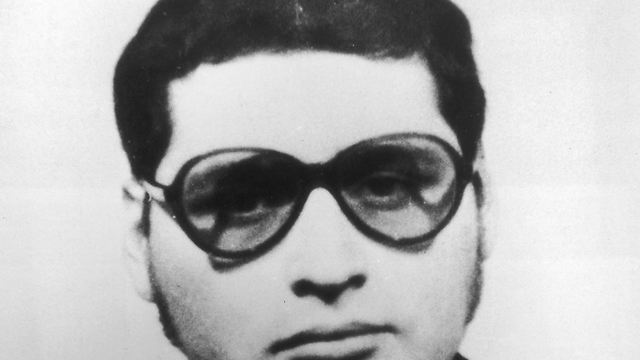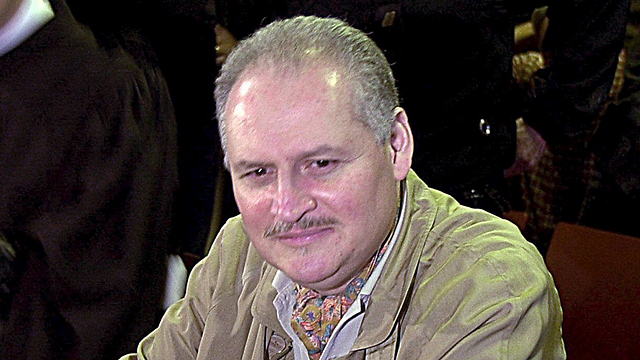He felt so safe that he flew to Zurich rather than Vienna airport on his way to neighboring Austria for his most spectacular coup: the kidnapping of oil ministers at OPEC headquarters in 1975, he told the Neue Zuercher Zeitung (NZZ) in a telephone interview from his prison in France.
His comments, published on Monday, seem sure to inflame a debate about whether Swiss authorities secretly agreed to turn a blind eye to PLO activity in the 1970s and give it diplomatic support in exchange for an end to attacks on Swiss targets.
The NZZ said it had made contact with the 66-year-old Venezuelan, whose real name is Ilich Ramirez Sanchez, through his lawyer. Ramirez is serving life sentences in France for a series of attacks.
He told the paper it had been common knowledge among PLO militants that they would not be arrested in Switzerland, on condition was that they refrained from making trouble. "Of course we stuck to that," he said.
He recalled seeing a wanted poster with his picture on it in the guard's booth as he stood in line for passport checks after flying into Zurich from Beirut on his way to Vienna, only to be waved through with his fake South American passport.
Ramirez sealed his notoriety by taking OPEC's oil ministers hostage in the name of the Palestinian struggle, in an attack in which three people were killed, and went on to be an international gun-for-hire with Soviet bloc protectors.
But the revolutionary mystique he once enjoyed - helped by a Che Guevara beret, leather jacket and dark glasses - wore thin after he was captured in Khartoum in 1994 by French special forces.
Switzerland last month began looking into whether a former government minister, now dead, had struck a covert deal with the PLO.
The allegation emerged this year in a book by Swiss journalist Marcel Gyr, who conducted the NZZ interview. The book, "Swiss Terror Years", has also raised questions about whether such a pact interfered with an investigation into the bombing of a Swissair plane in 1970 that killed 47 people, for which no one was ever charged.
According to the book, representatitves from the Swiss government secretly met with the heads of the PLO in order to mitigate the terror attacks happening on Swiss soil and against Swiss interests.
Carlos also revealed that on the Swiss side of the negotiating table was a banker named François Zeno, who, according to NZZ, was a Nazi enthusiast, a huge admirer of Adolf Hitler, anti-Zionist and avowed anti-Semite who wasn't afraid to hide his opinions.
Zeno - according to the Swiss newspaper - while being followed by the Swiss authorities, was also well connected to people in the Swiss intelligence services due to his good relations with Palestinian terror organizations. The relations between Carlos and the PLO only became apparent after the attack on OPEC.


















